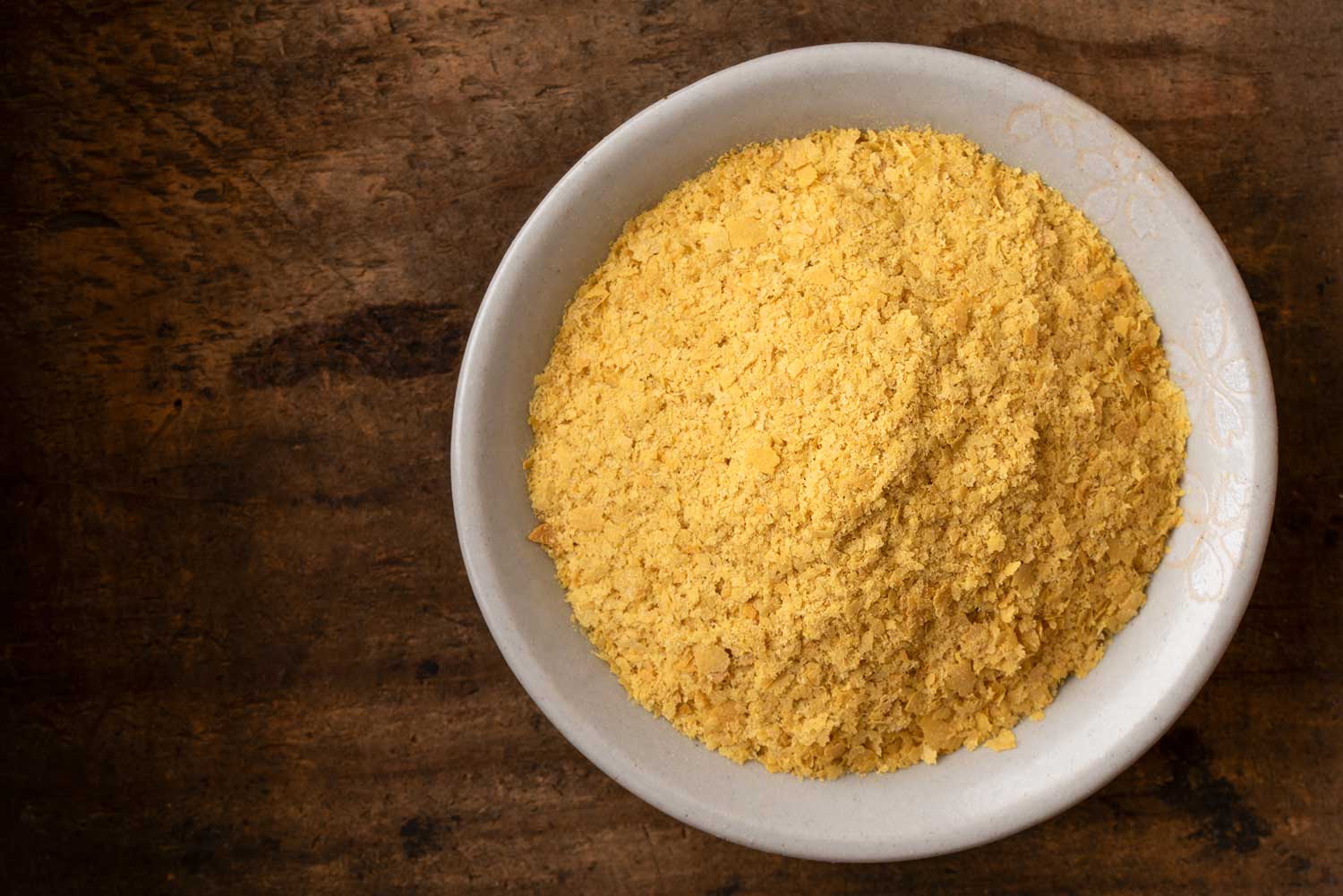If you’re eating a balanced diet—including a plant-based one—you’re probably getting most of the nutrients your body needs, like iron and protein. Vitamin B12 is the pesky exception, because while it’s abundant in animal products, it’s entirely absent from most plants. Meat-eaters scarf about 7 micrograms a day—plenty more than the recommended 2.4—while herbivores come in closer to 0.4.
B12 is essential because it helps our bodies make DNA, nerves, and red blood cells. Deficiency can lead to anemia, fatigue, nerve damage, and depression, among other issues.
TALK TO THE DOC
Make sure you’re keeping your primary care doctor up to speed on your diet—and any changes to it.
So how do you know you’re getting enough? It’s tricky, because being low can be hard to detect. Symptoms can take years to appear, and they can be overlooked or confused with other issues. If you’re a plant-predominant eater—even a lacto-ovo one—the best course is to stay conscious of your B12 intake from the get-go. Here’s how:
The best sustainable B12 sources
Plant-based foods. A few non-meat foods can help you hit your full daily dose. Two tablespoons of nutritional yeast, ⅛ ounce of nori seaweed, or 1.76 ounces of shiitake mushrooms will get you there. A serving of a fortified cereal will, too. Some vitamin-boosted alt-milks and tofus can also hit your RDA, but you’ll have to check the labels.
Low-impact seafood. Some of the smallest and most sustainable creatures in the sea pack a powerful punch of B12. Just one or two clams, mussels, or oysters deliver your daily dose (each has between 2 and 4 micrograms per ounce), as does 1 ounce of either sardines.
Supplements. Daily multivitamins have plenty of B12, and most B complex and B12 supplements also contain way more than the RDA, and that’s okay: The vitamin is water-soluble, which means your body will only absorb what it needs and flush out the rest.

